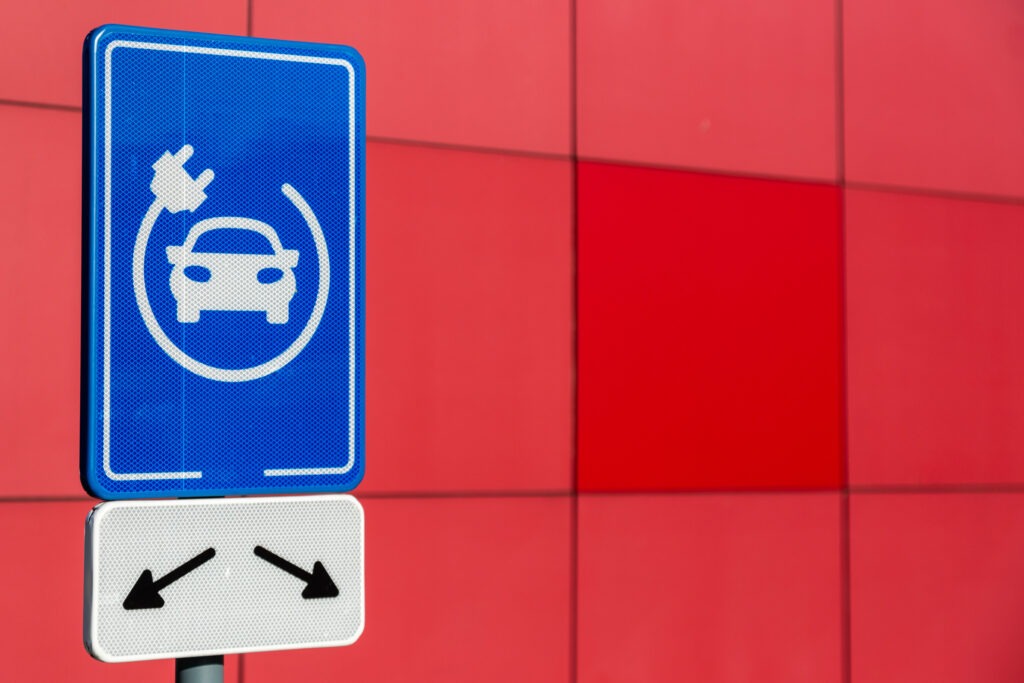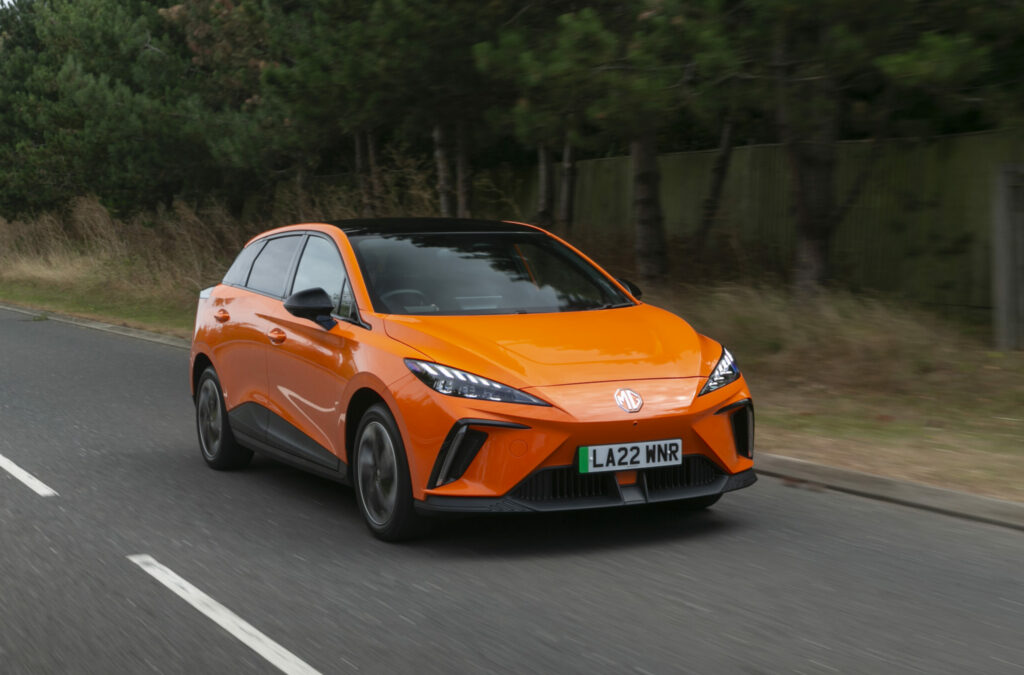Strong demand for electric vehicles as German new-car market recovery continues
12 June 2023

Germany’s new-car market gained more momentum in May thanks to improved supply and order-backlog fulfilment. Last month the country recorded 246,966 new-car registrations, up 19% compared to a year ago.
Data from the Federal Motor Transport Authority (KBA) also shows that battery-electric vehicles (BEVs) were once again in strong demand. Registrations in this segment jumped 47% to 42,780 units in May. As such, BEVs reached a market share of 17.3% in the month.
Things are not as rosy for plug-in hybrids (PHEVs), with the powertrain recording a significant slump last month. Year on year, new PHEV registrations plunged 41% to 13,800 units, mainly due to financial incentives for these vehicles being dropped at the end of 2022, and deliveries of PHEVs ordered before this deadline starting to slow.
The contrast becomes even clearer when looking at the first five months of 2023, which saw new BEV registrations climb 24% to 167,300 units. This compares starkly with the 44% year-on-year decline recorded by PHEVs (63,100 registrations). At more than 35%, petrol models accounted for the largest share of new-car registrations in May.
‘The German passenger car market has developed in line with our expectations in 2023. This alone is pleasing, because in the past three years, forecasts often did not last long due to the high volatility,’ said Reinhard Zirpel, president of the association of International Motor Vehicle Manufacturers (VDIK).
Lower private car registrations a concern
In May, the seasonally-adjusted annualised rate (SAAR) improved to 2.75 million units from 2.26 million units in April. Meanwhile from January to May, Germany recorded around 1.1 million new-car registrations, a year-on-year increase of around 10%.
Commercial registrations were largely responsible for the overall growth seen in the new-car market. Their share climbed 29% in May, while private registrations were up only 3%. This is a point of concern as private new-car registrations remain weak, with their share reaching 31.5% in May compared to 68.5% for commercial registrations.
While the German new-car market continues its recovery, industry bodies warn that despite May’s double-digit growth, the market volume remains 25% below pre-pandemic levels. In its latest forecast, the VDIK expects around 2.75 million new-car registrations by the end of 2023, a noticeable drop from the more than three million units recorded before COVID-19 disrupted automotive markets in Europe.
Production up, orders down
Germany’s automotive association, the VDA, tracks manufacturing levels across the country and found that 381,100 passenger cars rolled off the production lines in May, a 25% jump year on year.
Production has been on the increase for 13 months, with 1.8 million cars built since the start of the year. While this corresponds to a 32% year-on-year increase, production in this period is still down 13% compared to pre-pandemic 2019.
Looking at orders, German manufacturers are facing a decline and recorded 19% fewer orders in May. Between January and May this year, domestic orders dropped by 28% compared to the same months in 2022.
A recent VDA survey featuring 128 companies, revealed that almost half of automotive manufacturers in the country have adjusted their production processes, not least to increase their resilience.
The survey showed that manufacturers remain concerned about the high energy costs in Germany. The price of electricity has increased significantly since the start of the war in Ukraine, with 74% of automotive companies viewing it as an explicit challenge.
‘Our industry needs internationally competitive energy prices to master the transformation and to be successful in global competition. It is urgently necessary that policymakers ensure more favourable prices and secure access to energy with appropriate decisions and strategies,’ said VDA president Hildegard Müller.
Staying competitive
While Germany remains Europe’s largest automotive market, businesses in the industry are increasingly relocating investments abroad, targeting other EU countries and North America. The VDA survey revealed that no company currently plans to increase their investments in Germany – a sobering result.
Industry bodies keep calling on politicians to implement competitive policies. The VDA is demanding less bureaucracy, more trade agreements, improved supply of energy and raw materials, as well as a competitive tax system alongside simpler and faster approval procedures.
‘Other countries, like the US attract investments with attractive location conditions. If we do not want to be left behind internationally and want to secure employment and prosperity in Germany and Europe, we need a more determined and courageous industrial policy,’ the VDA said.
Staying internationally competitive is a key challenge. Although automotive manufacturers and suppliers remain well-positioned in Germany and the EU, they view their competitiveness outside the region less favourably, especially as more Chinese electric-vehicle (EV) companies are making their presence known.
Inflation is posing another challenge for the automotive industry although it is slowly declining in Germany. In May, the inflation rate is expected to be 6.1%, an improvement from the 7.2% seen in April.



